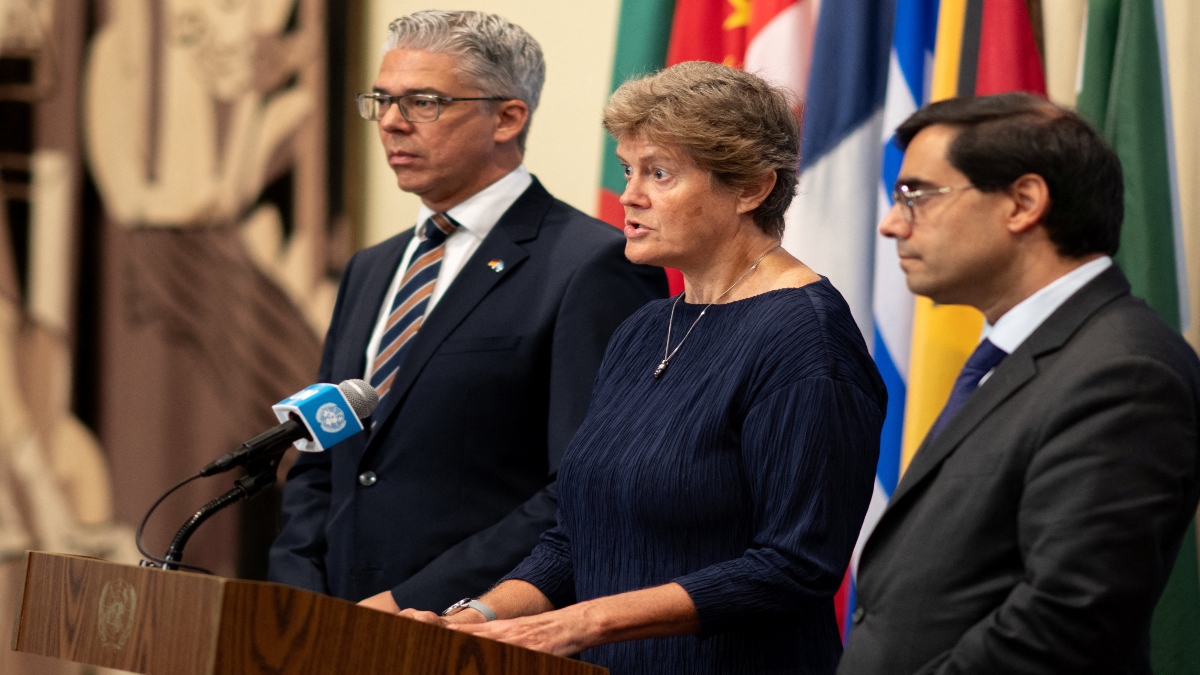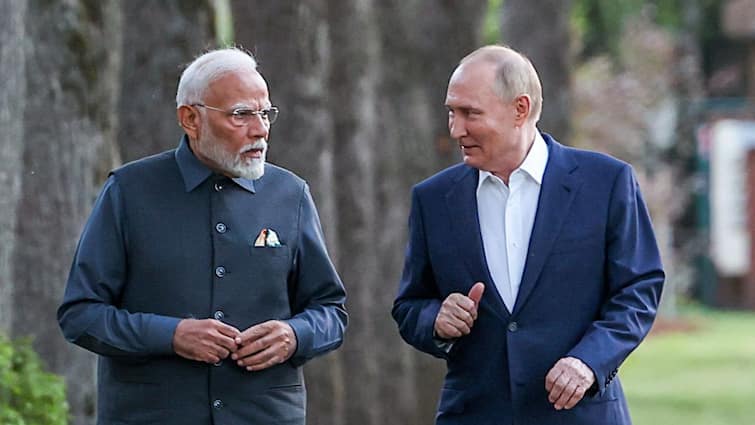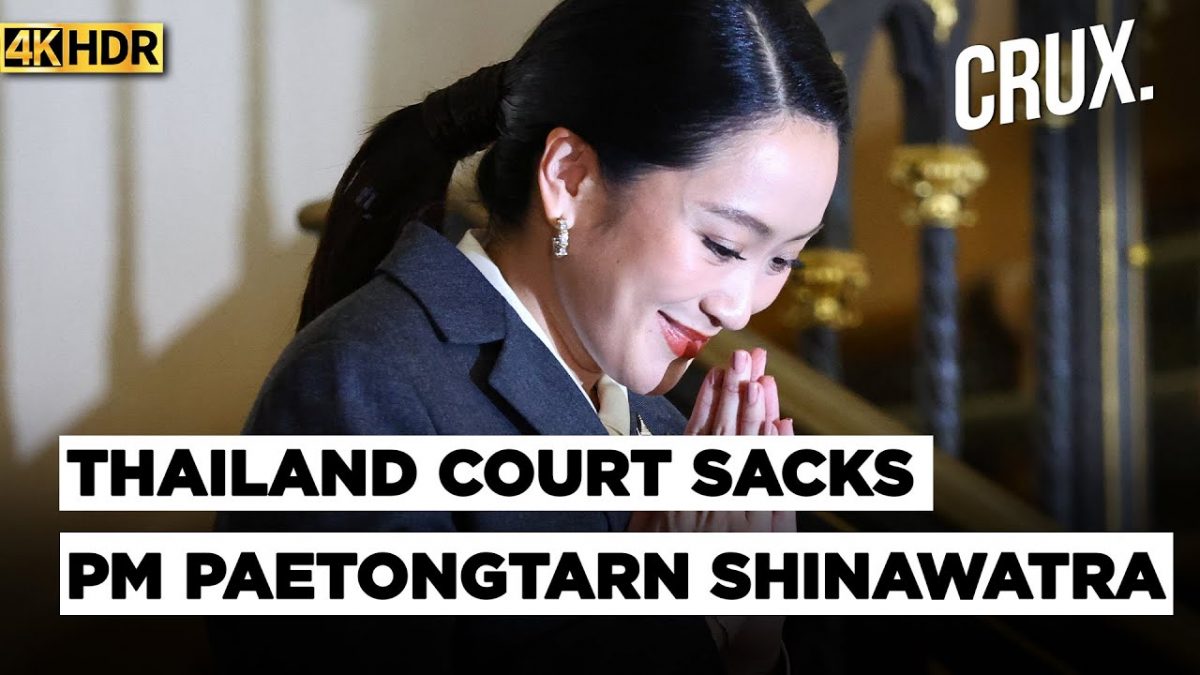Britain, France, and Germany — collectively known as the E3 — at the United Nations on Friday called on Iran to meet three key conditions to postpone the reimposition of UN sanctions over its disputed nuclear programme
Britain, France, and Germany — collectively known as the E3 — at the United Nations on Friday called on Iran to meet three key conditions to postpone the reimposition of UN sanctions over its disputed nuclear programme.
In a joint statement issued ahead of a closed-door UN Security Council meeting, the E3 urged Tehran to restore access for UN nuclear inspectors, address concerns about its enriched uranium stockpile, and engage in direct talks with the US.
The appeal follows the E3’s move to initiate a 30-day process to trigger the “snapback” mechanism, which would reinstate UN sanctions.
However, they offered to delay that action for up to six months if Iran takes steps to meet the outlined demands, aiming to create diplomatic space for a new nuclear agreement.
“Our asks were fair and realistic,” Reuters quoted Britain’s UN Ambassador Barbara Woodward as saying.
“However, as of today, Iran has shown no indication that it is serious about meeting them.”
“We urge Iran to reconsider this position, to reach an agreement based on our offer, and to help create the space for a diplomatic solution to this issue for the long term,” she said, with her German and French counterparts standing next to her.
In response, Iran’s UN Ambassador Amir Saeid Iravani said the E3 offer was “full of unrealistic preconditions”.
“They are demanding conditions that should be the outcome of negotiations, not the starting point, and they know these demands cannot be met,” Reuters quoted Iravani as telling reporters.
Iravani said the E3 should instead back “a short, unconditional technical extension of Resolution 2231”, which enshrines a 2015 nuclear deal that lifted UN and Western sanctions on Iran in return for curbs on its nuclear program.
Sino-Russian draft
Russia and China have proposed a draft U.N. Security Council resolution that would extend the 2015 deal for six months and urge all parties to immediately resume negotiations. But they have not yet asked for a vote.
The pair, strategic allies of Iran, have removed controversial language from the draft – which they initially proposed on Sunday – that would have blocked the E3 from reimposing U.N. sanctions on Iran.
Iravani described the Russian and Chinese draft resolution as a practical step to give diplomacy more time. A resolution needs at least nine votes in favor and no vetoes by the US, France, Britain, China or Russia.
UN nuclear inspectors have returned to Iran for the first time since it suspended cooperation with them after attacks in June on its nuclear sites by Israel and the United States. But Iran has not yet reached an agreement on how it would resume full work with the International Atomic Energy Agency.
With inputs from agencies
End of Article

)

